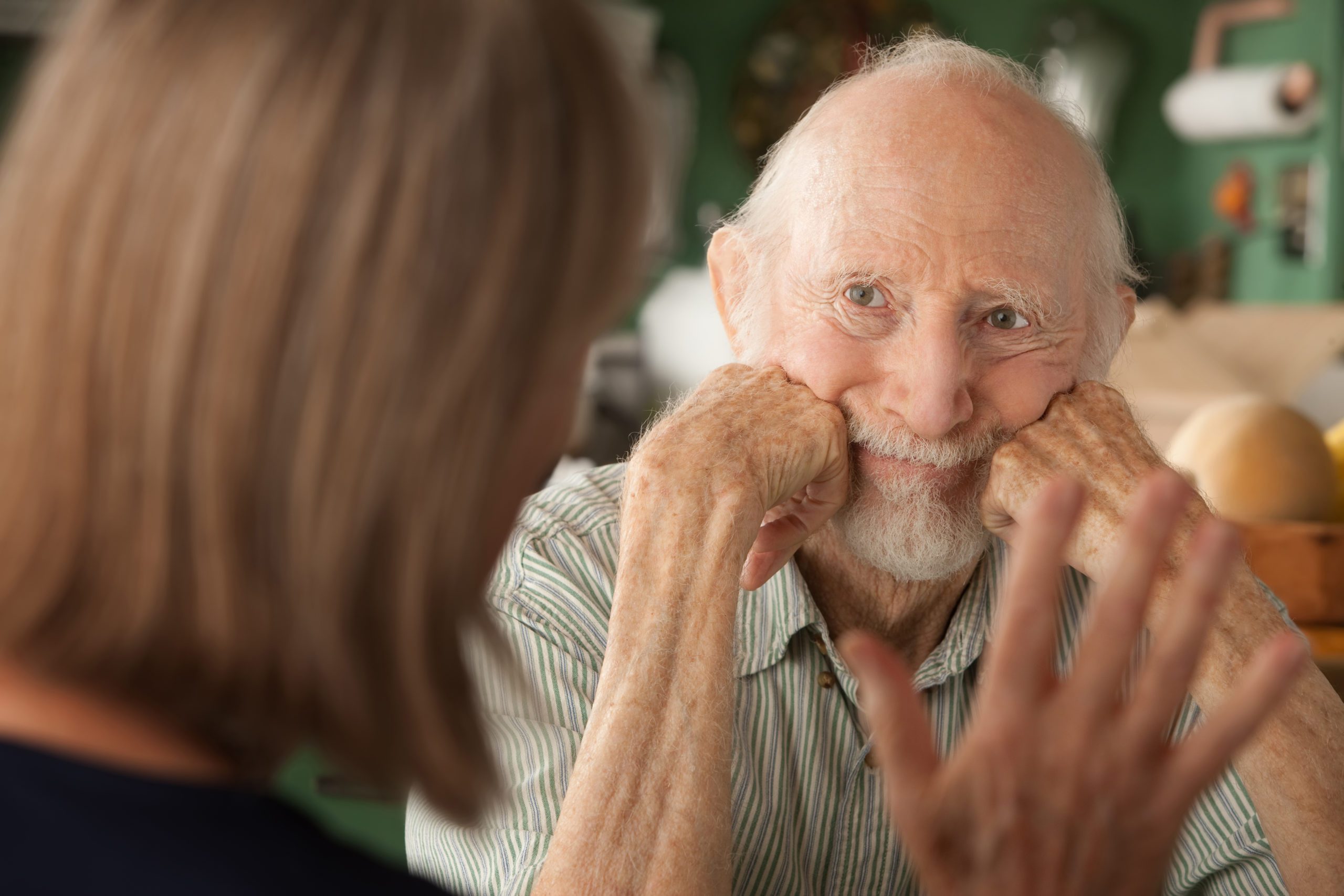Often times, people incorrectly assume that having an anger outburst can be somewhat therapeutic (it’s what the trendy “Rage Rooms” are built upon, after all). The truth of the matter though, is that uncontrollable fits are actually damaging to the body; particularly for seniors and people of a more advanced age.
This latest research happens to have the backing of the American Psychological Association (also known as the APA), which published a new study comparing anger with sadness among older Americans. Their findings showed that crying and depression outbursts were actually less harmful to the body than rage.
The science actually goes back to inflammation and the immune responses to exhausting fits of anger. As we get older, rage triggers can cause real tissue damage (especially if they’re a regular occurrence), leading to heart disease, arthritis and even cancer.
The APA looked at over 220 older adults, ranging in age from 59-93, for the study. Taken over the course of a week, they discovered that daily anger outbursts led to increased inflammation. Those who had crying spells or experienced sadness did not see these types of damaging results.
Concordia University’s Meaghan A. Barlow, who led the study, spoke with the press about the results. She was quick to point out that anger can serve a positive purpose for some, perhaps leading to motivation. But as we age, it can have dangerous consequences.
“Anger becomes problematic for adults once they reach their senior years,” Barlow explained. “Because that is when many experience irreversible losses and some of life’s pleasures fall out of reach.”
Barlow was specifically referencing the increased hardships that occur as we get older. Losing a spouse, for example, or perhaps getting a difficult health diagnosis. For some, this can create feelings of depression or sadness. But for many, they can be rage triggers, eliciting anger over the “Why me?” scenario.
We have also known that chronic rage fits have a long-lasting impact on the body. Ulcers, for example, are often rooted in anxious or angry feelings. And let’s not forget the physical consequences of an upsetting episode. Often times, people who blow their top tend to get into fights or injure themselves by punching a fist through a wall.
The best solution is to get to the root of the rage. No anger episode will really solve the underlying problem. Our advice is to seek out help and avoid harmful physical ailments; especially as you begin to enter your golden years.




